TRD Issue 58 - Insight: Marketers, Time to Say Goodbye to Third-Party Cookies
Explore the role of cookies in digital marketing, understand the impact of third-party cookie removal on privacy, and discover effective strategies for advertisers in a dynamic landscape.
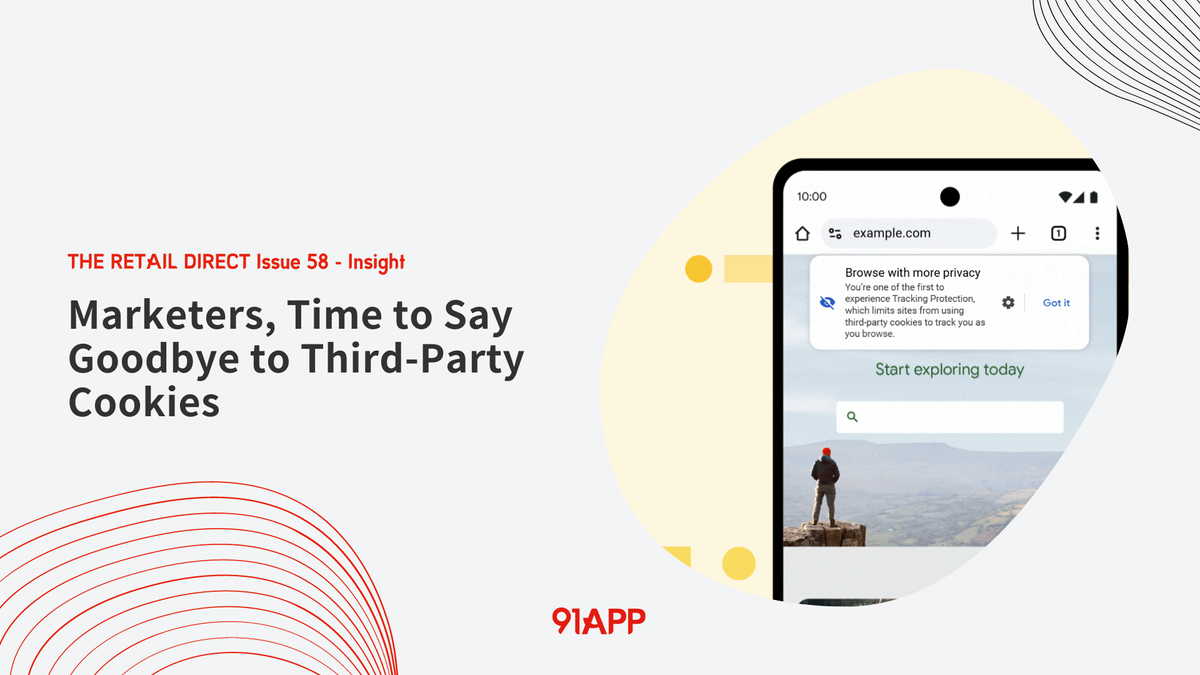
Hello subscribers,
We're at a pivotal juncture in digital marketing, with the phase-out of third-party cookies heralding a major shift in online privacy and advertising. In this issue of The Retail Direct, we explore the impact of this change and how to navigate the new landscape it brings. Essential reading for all in the digital space, we're here to help you adapt and thrive in this evolving era.
Happy reading!
The Retail Direct
Editor: This issue was delayed due to a series of incorrect settings. Apologies for the delay in sending it out.
About 91APP
Founded in 2013, 91APP is the premier OMO (online-merge-offline) SaaS company, providing one-stop omnichannel retail solutions in Taiwan, Hong Kong, and Malaysia. It offers advanced Commerce Solutions and Marketing Solutions that enable retail brands to penetrate the D2C (Direct-to-Consumer) e-commerce market and drive operational benefits to their full potential. In 2021, 91APP became the first SaaS company to be listed in Taiwan and has been named one of Taiwan's "NEXT BIG" companies by Startup Island TAIWAN.
For more information about 91APP (TWO: 6741), visit www.91app.com.
Introduction
As the digital marketing world approaches a major milestone, Google Chrome's gradual phase-out of third-party cookies starting January 2024 marks a pivotal shift in online advertising strategies. This transition away from a longstanding staple of digital marketing to more privacy-focused advertising approaches signals a new era for marketers and advertisers.

The History and Evolution of Cookies
What are Cookies?
Invented in 1994 by Netscape programmer Lou Montulli, cookies were a groundbreaking solution designed to overcome the web's lack of memory. Initially developed to store user preferences and simplify logins, these small data files stored on your browser rapidly evolved beyond their original purpose. They emerged as pivotal tools in the digital experience, facilitating a smoother user experience in areas like e-commerce - where they help remember items in your shopping cart - and revolutionizing the landscape of digital advertising.
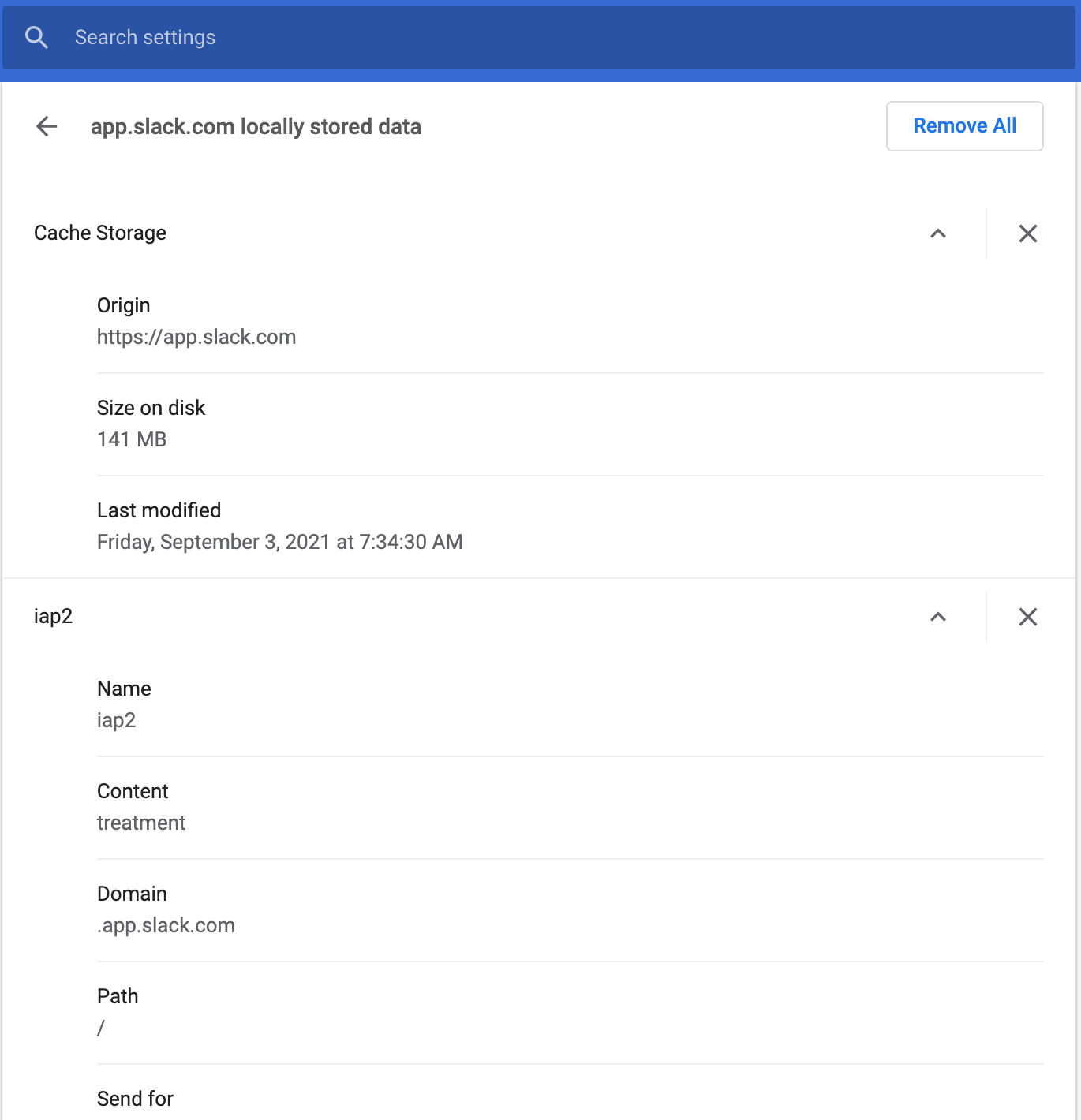
This innovation marked a significant shift in how the online experience operated, turning cookies into the foundation of the digital age, crucial for personalizing content, recalling login details, and collecting analytical data to enhance overall user experience.
On the other hand, pioneers in online advertising, such as Doubleclick (later acquired by Google), harnessed the power of cookies to track ad engagement and user behavior across multiple websites.
First-Party vs Third-Party Cookies
First-party cookies are created by the website you visit. They're generally considered beneficial, aiding in user experience and website functionality. Third-party cookies, however, are created by domains other than the one you are visiting. Advertisers mainly use these cookies to track your online behavior across multiple sites, enabling targeted advertising based on browsing patterns.
Imagine you're shopping online at a store called "FashionBoutique.com." As you browse, you add some items to your cart but decide not to purchase them immediately. The next day, you return to "FashionBoutique.com," and surprisingly, your cart still has the items you added yesterday. This convenience is made possible by a first-party cookie that "FashionBoutique.com" placed on your browser. It remembers your actions on its site, enhancing your shopping experience by saving your preferences, login details, and shopping cart.
Now, let's talk about third-party cookies. While browsing the news, you notice ads offering product promotions of "FashionBoutique.com." These ads seem oddly specific, especially since you've recently been browsing "FashionBoutique.com." This is the work of third-party cookies placed by the advertiser, a domain different from "FashionBoutique.com." In this case, an advertising network uses these cookies to track your browsing behavior across multiple websites. They gather data about your interests and then use this information to show you targeted ads, even when browsing on unrelated sites.
Privacy Concerns and Ethical Challenges
Despite their economic advantages, cookies raised significant privacy concerns, as they enabled the tracking of users' online activities without explicit consent. This led to the implementing of user notifications and cookie management options in browsers. The evolution of cookie usage and privacy concerns prompted significant shifts, including introducing ad-blocking software and privacy-focused browsers like Brave.
Apple and Safari’s ITP
Apple, with its Safari browser, was among the first to take significant steps towards enhancing user privacy. Apple's introduction in 2017 of Intelligent Tracking Prevention (ITP) restricted third-party cookies' storage and access, setting a precedent for privacy-focused browsing experiences.
Over the past three years, Apple's actions have inspired other major companies to do the same, such as Google Chrome's gradual elimination of third-party cookies. Safari's method of restricting third-party cookies has been viewed as a driving force in the wider trend of prioritizing user privacy in the digital realm. Apple has even begun to promote privacy protection and security as key features.
ITP Limitations on First-Party Cookies
ITP 2.1 was announced on February 21, 2019, and it limits the lifespan of first-party cookies to seven days. As a result, Safari can only store cookies for a week, affecting digital analytics tools and all the AdTech solutions.
Since the release of ITP 2.1, some Ad-Tech companies have found ways around it, such as Meta and Google, which continue to track user activity. To address this, Apple released ITP 2.2 in April 2019, limiting the lifespan of certain first-party cookies to just 24 hours. This change makes it even harder to track online activity without the user’s consent.
But what does this mean to your team? For example, suppose your organization employs an analytics platform such as Google Analytics to monitor user engagement with your website. In that case, the data for Safari users, such as the counts for new versus returning users, may not be accurate.
Meanwhile, suppose your organization heavily relies on Google Marketing Suite, Meta Ads, or other major ad networks. In that case, the Safari traffic you are directing to your site may only have a cookie lifespan of one day due to ITP 2.2. The impact of this may vary depending on several factors.
For instance, if your users have a very short purchase cycle and typically purchase from your site during their first visit, it may not be a significant issue. However, if your consumers usually have a longer purchase cycle, then ITP 2.2 could become a bigger problem. This is because it can be difficult to track users across site visits can be difficult, which can cause issues with attribution models. In addition, Google and Meta's auto-optimization of ads is also affected by misleading attributions.
Google’s Tracking Protection and Privacy Sandbox
Google first introduced the Tracking Protection initiative as a part of its Privacy Sandbox program. The aim is to remove all third-party cookies from Chrome browsers by the end of 2024, which will help prevent advertisers from tracking your browsing history.
On January 4, 2024, Tracking Protection was released to 1% of Chrome users on desktop and Android devices, around 30 million people globally. If you are part of this test, you will see a notification in your browser informing you about the Tracking Protection feature.
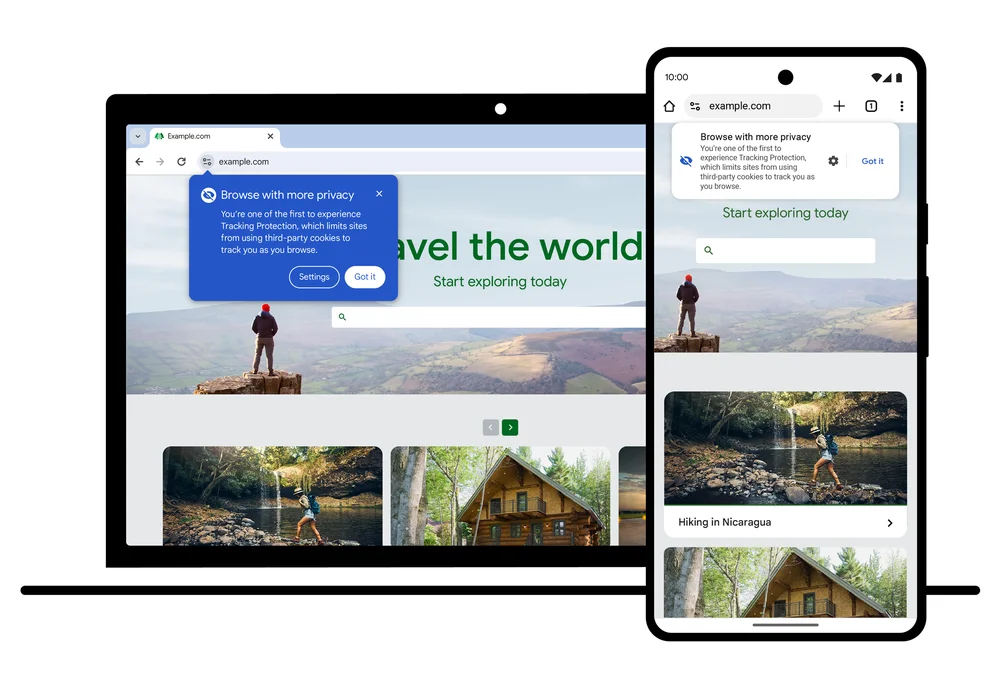
Solutions in the Privacy Sandbox
- Differential Privacy: Think of this as a way for Google to study large groups of data without risking anyone's privacy. Imagine Google looking at data from a big crowd to notice trends (like what people generally like or do) but needing help identifying people in that crowd.
- K-Anonymity: This is like being in a massive, anonymous group. If the group has 'k=1000', it means your data is just one in a thousand. It's like being in a huge crowd where you blend in so well that no one can pick you out. This keeps your individual information private because it gets lost in the crowd.
- On-Device Processing: Instead of sending your data over the internet to a server, everything is calculated right on your device, like your smartphone or computer. This is like having a private conversation at home instead of in public. It's a lot more private because your information doesn't go anywhere else—it stays on your device.
What You Should Do as a Meta Advertiser
Meta relies on Meta Pixel and its third-party cookie (also first-party cookies by default, which advertisers can turn off manually) for tracking and attribution, so Safari’s ITP heavily impacts it, as we’ve mentioned earlier, especially Apple’s iOS is used by a large group of consumers.
After the release of ITP by Apple, there has been a growing focus on privacy protection policies. In response, Meta has introduced a range of features that can help optimize and minimize the impact of this new standard.
If you are a part of the marketing team, here are a few suggestions that we recommend you consider.
1. Enable First-Party Cookies with the Meta Pixel
In the Events Manager of Meta Business Manager, you can access a section dedicated to Cookie usage by navigating to the settings tab of your Pixel. By default, first-party cookies should already be turned on.
It is important to carefully read Meta's guidance on cookie usage and review your website’s privacy policy with your team and lawyers to ensure that it accurately reflects these changes.
2. Connect the Conversions API
The Conversions API (CAPI) enables a direct connection between your conversion results (usually from a server) and Meta that can be used for ad optimization and reporting, generally categorized as Server-Side Tracking or S2S API, which includes both web, mobile, and offline events. When you use CAPI, you can send Meta a more comprehensive overview of your conversion activity, which can help enhance your results.
There are multiple ways to connect to CAPI, but it involves a lot of technical details. Therefore, we highly recommend that you consult with your technology partner first. For clients who use 91APP, we provide D2C brand.com, mobile app, and POS integrations, making us a Meta Business Partner specializing in Conversions API, with both online and offline conversions.
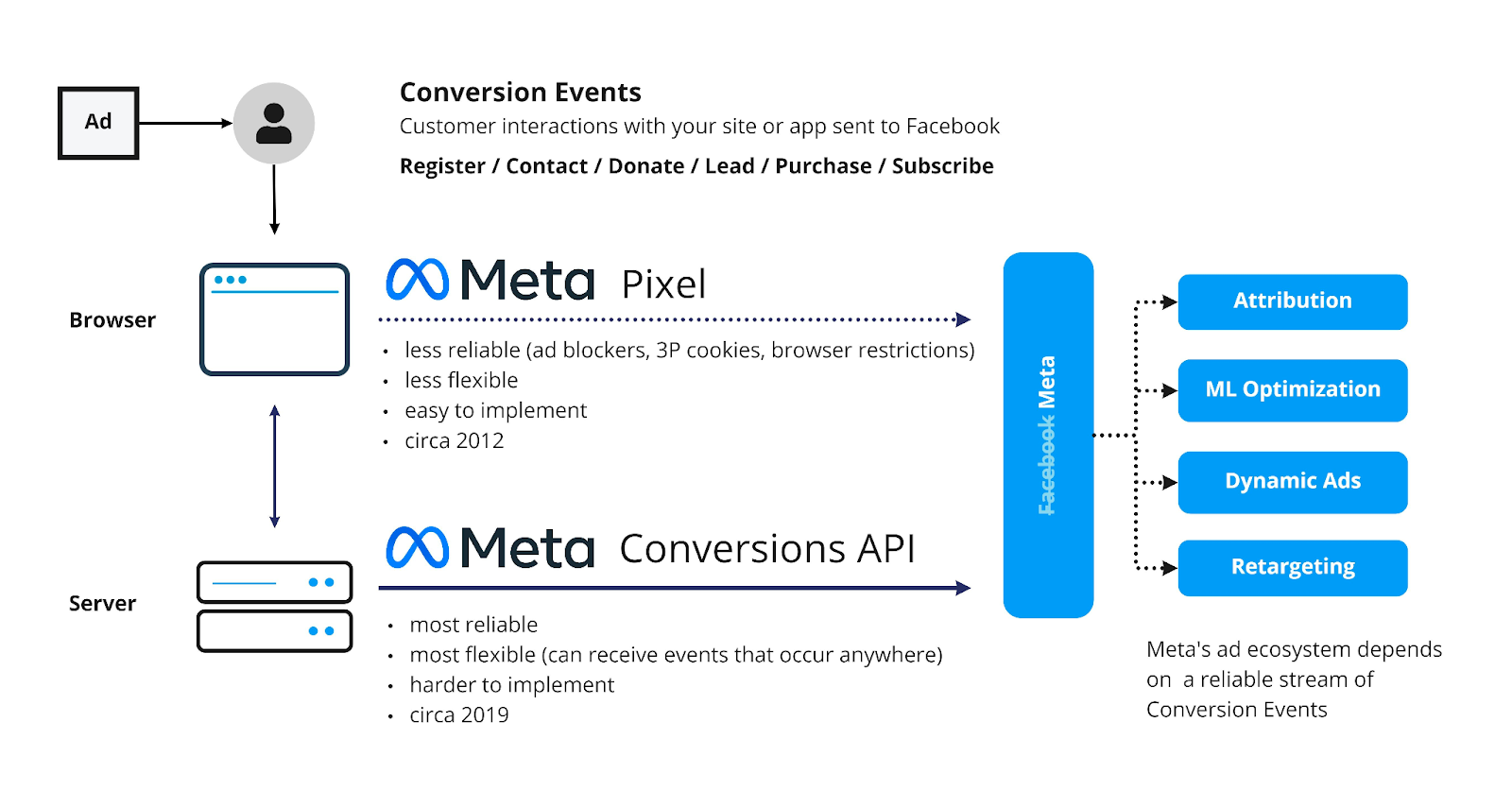
What You Should Do as a Google Advertiser
Google has a dual role in privacy protection and eliminating third-party cookies. As a player in the advertising market, they have vested interests in how online advertising operates. Through their control over Chrome and Android, they also act as referees, setting rules that influence the digital ecosystem. This makes their position more complex than other companies like Meta.
1. Transition to Privacy-First Solutions
As previously discussed, Google is currently developing the Privacy Sandbox initiative. This initiative aims to create new tools to replace third-party cookies with more privacy-friendly alternatives such as Federated Learning of Cohorts (FLoC).

2. Google Ads Enhanced Conversions
Enhanced Conversions is a Google Ads feature that improves conversion measurement accuracy while protecting user privacy. Advertisers can securely send encrypted information about user conversions to Google, combining it with anonymized data to attribute conversions accurately.
This allows for more precise measurement of conversions, especially where direct tracking is complex and compliant with global privacy regulations. Advertisers can optimize their campaigns more effectively based on actual results and configure conversion data collection to fit their needs.
For setting up Enhanced conversions, we recommend consulting with your technology provider and following the instructions provided by Google.
3. Conversion Linker
The Google Conversion Linker helps track conversions accurately by storing ad click information in first-party cookies on your website. It can assist in cross-device conversion tracking and is used with Google Ads to evaluate the performance and ROI of advertising campaigns.
For enhancing conversions, we recommend consulting with your technology provider and following the instructions provided by Google.
Conclusion: Embracing the New Era of Digital Marketing
The discontinuation of third-party cookies in Chrome is a significant turning point in the digital marketing world. This new era challenges advertisers to innovate and adopt ethical practices, with a heightened focus on transparency and direct customer relationships. Adapting and respecting user privacy will be critical to thriving in this evolving landscape.




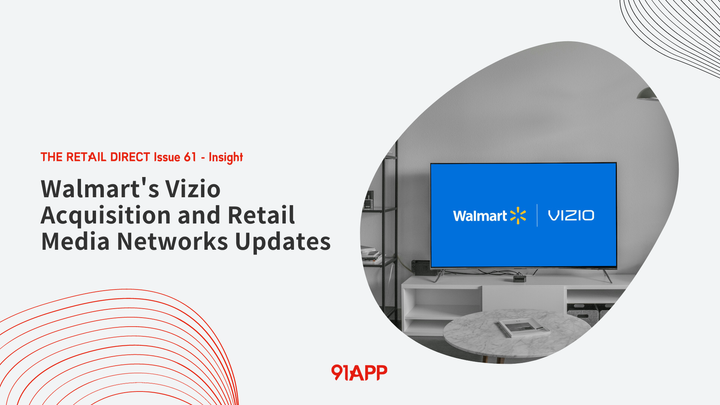
Comments ()